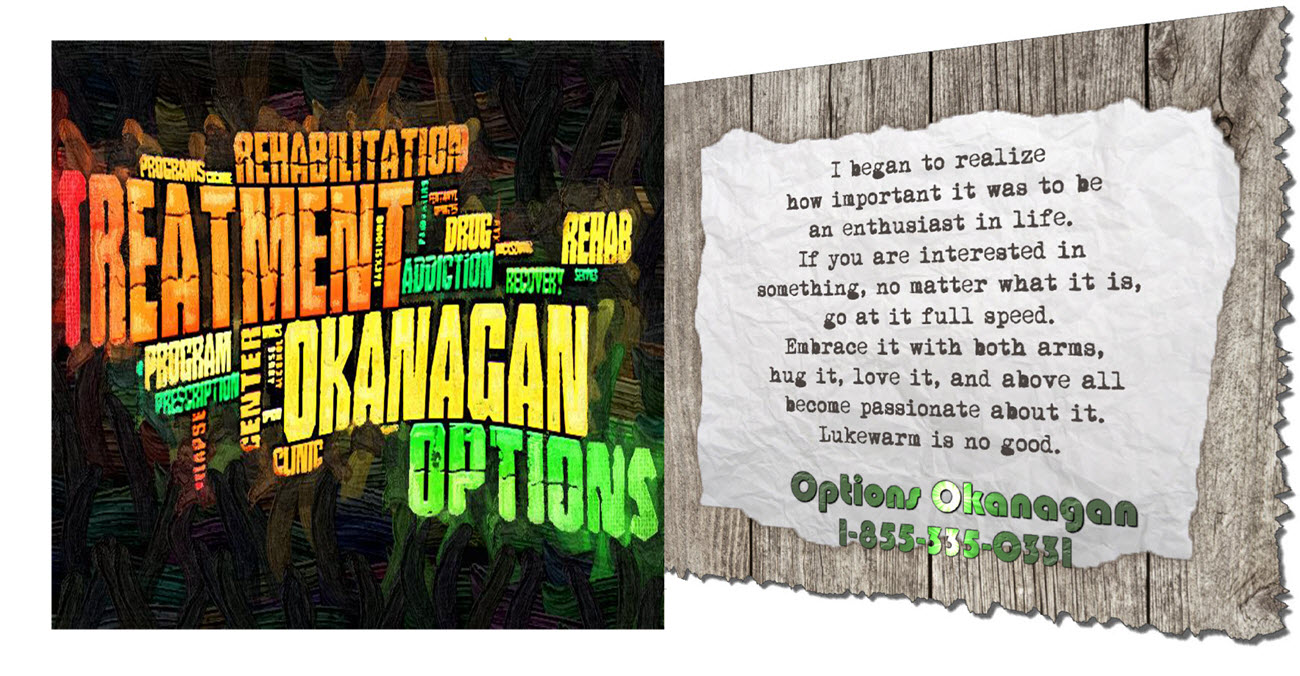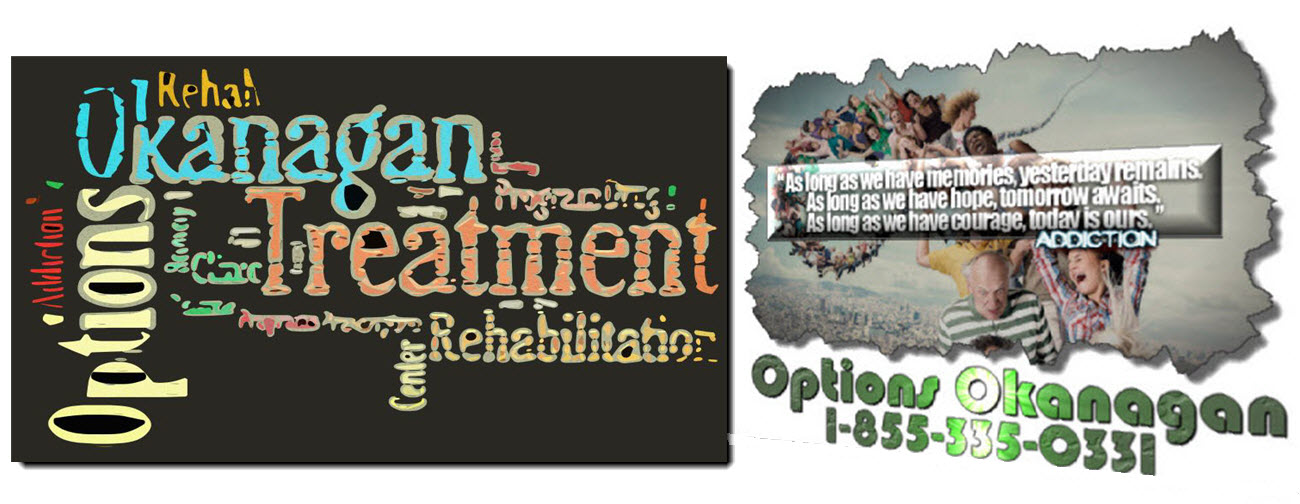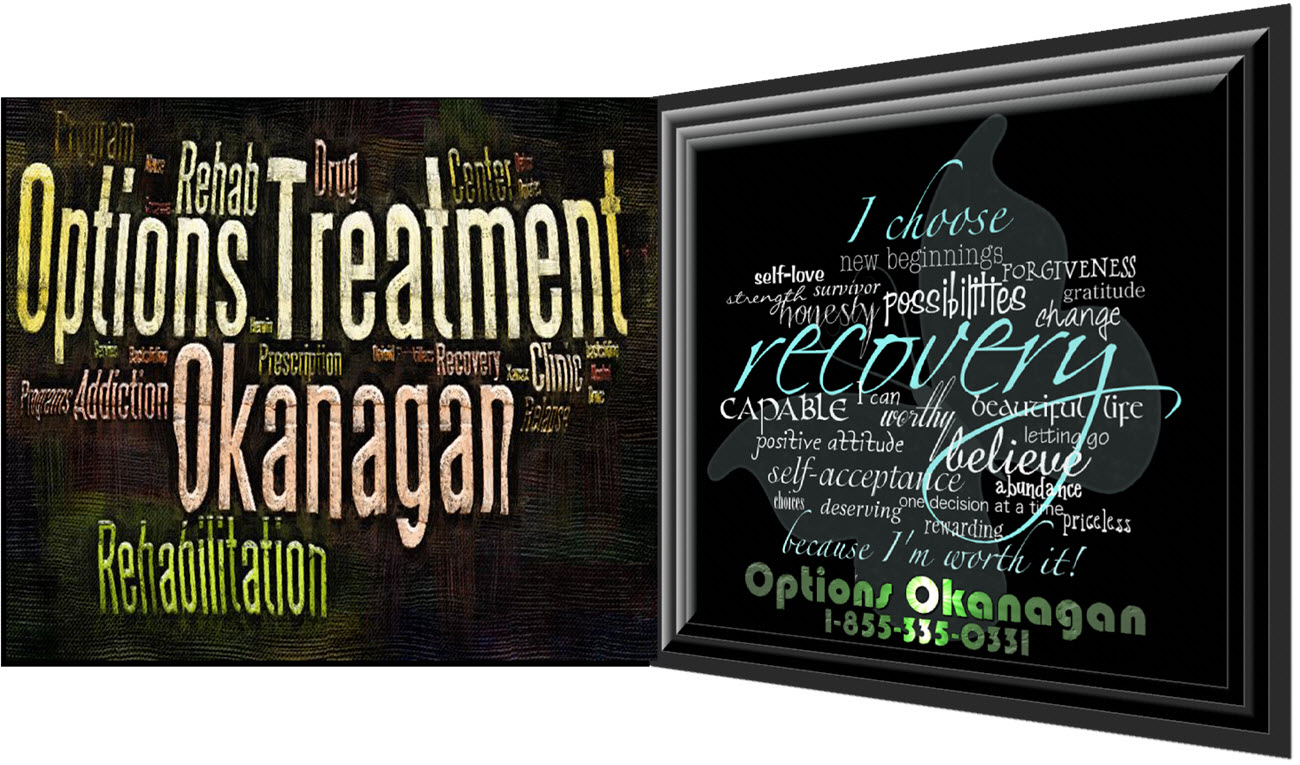Opioids and Addiction in The Suburbs – Drug Rehab Programs for recovering addicts in British Columbia and Alberta – Options Treatment Center in Kelowna, British Columbia treating drug, opiate, fentanyl, heroin, and alcohol addiction and recovery.
Drug Rehab In Alberta And BC
With all the past and recent disturbances in addiction and the concept of these drug pill mills and pain clinics, heroin has become an attractive alternative that attracts drug users and offers easier availability and lower medication replacement prices.
The heroin epidemic is devastating to families across Canada and the United States regardless of ethnicity, social status, or income levels. The opioid crisis affects everybody in every lifestyle. In recent studies, the average heroin addict was in their early to mid-20s and came from the suburbs. If society has not noticed, opioid addiction is everywhere nowadays.
Medical professionals define addiction as a chronic disease that involves the human brain’s rewards center, motivation, memory, and related circuits. The many societies for addiction medicine also define addiction as a compulsive psychological need for habit-forming substances that are characterized by tolerance and physical withdrawal and is observed when consumption is stopped.
Painkillers are prescription drugs and are one of the reasons why heroin enters the suburbs
The general trend that society sees in the heroin problem today is that addiction starts with the abuse of prescription opiates. The effects on an individual’s brain and the feelings produced by doctor prescribed opiates and the drug heroin are the same. With the discovery of these criminal drug pill mills and pain clinics, heroin is becoming an attractive alternative that attracts users and offers easier availability and lower medication replacement prices. Heroin is now a common substitute for all opioid-based drugs. And if an individual switches to the drug heroin, they can actually receive substances that contain a mixture such as carfentanil or fentanyl, which is even scarier and very deadly. Both of these dangerous drugs are sold under the same label as heroin, but the scary truth is in reality, not a single person knows the real ingredients in a heroin bag, which is why many drug addicts will die.
When heroin becomes deadly
The FDA has to approve these prescription pain pills so that each pill contains accurate measurements, and the right drug ingredients, which then are correctly labeled. These prescription drug painkillers are very dangerous, but they do not have the same insecurities as heroin when it comes to their ingredients. Increased deaths due to overdose are caused by lots of heroin mixed with substances such as carfentanil or fentanyl. These overdose deaths are always in the news, and it also makes it clear that chronic addiction to opioids can affect individuals in every phase of life.
The problem of heroin in the suburbs had increased because there was little control when prescribing prescription drugs in the 1990s, 2000 thru 2010, and distribution was not well regulated. Doctors prescribe free opiates without prescription in large numbers without knowing how addictive they are and without knowing how high the risk of abuse was back then.
Suburb statistics
According to the mental health and addiction agencies, the use of opioids among teens aged 12 thru 17 has skyrocketed in the past decade. The numbers were 47 percent of individuals who abuse opiates received the pills from friends or members of the family.
Drug use in the suburbs is not necessarily more widespread, but now it has bigger and more real consequences. City centers have long been subjected to institutional violence, crime, and drugs. Drug use is now always increasing in small communities that usually do not have problems with crime.
When overdoses are observed in small cities, society begins to pay attention to it. Small towns with close communities have strong loyal citizens with strong voices and opinions when it comes to opioid epidemics, and there are even indications that the main reason why this opioid epidemic was making the news is that this part of the country is known as a wealthier part of society. Where there are more money and prosperity, there is always more time, money, and resources available to overcome this drug problem. Many suburban police officers have seen a significant increase in heroin overdoses and heroin-related crimes. Therefore, they are pushing orders to enter city jurisdiction to capture heroin trafficking because they want to stop the flow of drugs from the city and influence their local communities.
So when people see the media headlines about heroin overdoses, remember that someone who is fighting addiction might be lining up behind each other at the store or sitting next to them in the doctor’s office. Keep the lines of communication with family and friends open, and do not let loved ones know that if they are addicted and they should not be ashamed because their disease needs proper care and treatment.
Options Okanagan Opiate and Alcohol Treatment Centers in Kelowna, Salmon Arm and Vancouver, British Columbia – Men and Women are recovering and healing from Alcohol and Drug Abuse at our treatment center here in the Okanagan right now.
Our unique and distinctive Opiate Drug and Alcohol treatment program allows men and women to come in from Calgary as well as Edmonton as we offer airport pickup.
Numerous clients come to us from Vancouver, Calgary, and Edmonton and other locations in Alberta and even other provinces for Opiate addiction treatment, heroin drug treatment, many other drug and alcohol addictions for rehabilitation because of the uniqueness of our treatment center.
Our (Kelowna ) Alcohol and Drug Treatment Program Location:
(Not Mailing Address) Contact Us – Web Page
For Mail Delivery :: Please contact each center for correct mailing addresses, also this location is the location of our residential treatment programs in Kelowna. Please call Toll Free 1-855-335-0331 to contact the treatment center you are going to for the address and directions.
Options Okanagan Drug and Opiate Treatment Center
551 Sherrydale Crescent, Kelowna, British Columbia, V1V 2E6
Toll-Free Phone Number: 1-855-335-0331




